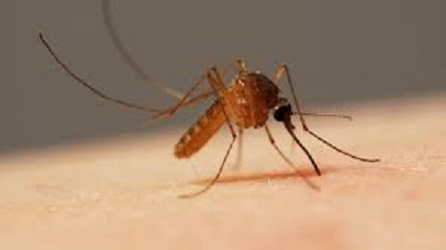
PLANTS HELP PREVENT MOSQUITOES -Summertime is time from fun in the sun, outdoor cooking and just relaxing next to the pool. But this hot time of the year also brings out that most hated insect in the South, the Mosquito.
In addition to spraying yourself down with whatever you can find to help,
for a greener approach, try installing some of these mosquito and
insect-repelling plants around your yard. These are some natural plants that can help greatly.
Here are 6 plants that can help repel mosquitoes.
Marigolds
Place potted marigolds near mosquito entry-points, such as doors and
windows, or on a deck or balcony where you spend a lot of time outdoors. They also deter insects that prey on tomato plants this is a bonus for gardeners.
Not only do they make your landscape more attractive, but marigolds
also have a distinct smell that repels mosquitoes.
Citronella
Citronella is one of the most common ingredients in insect repellents, due
to its strong smell, which masks mosquito attractants.
The perennial clumping grass grows 5 to 6 feet and can be planted in the
ground or kept in large pots.
Citronella plants thrive best in full sun and areas with good drainage.
Catnip
While Catnip does repel mosquitoes in proximity, some people apply
crushed leaves for more protection.
Lavender
In addition to smelling lovely, aiding in relaxation and promoting restful
sleep, lavender dissuades mosquitoes and gnats from invading your outdoor dinner party when planted in the garden or in pots placed by windows, doors and entertainment areas.
Basil
Enjoy delicious pesto dishes, and keep mosquitoes at bay, with this
insect-repelling herb. Basil is one of the few herbs in which you don’t have to crush the leaves to reap its benefits.
Lemon Balm
Also, known as horsemint, lemon balm’s aroma wards off mosquitoes, but
attracts pollinators like bees and butterflies.
It’s fast growing, drought resistant and reseeds itself, so consider
planting in a pot rather than in your yard to avoid a lemon balm takeover.
We at Southern Pest Control hope that you have found this interesting. Remember when the unwanted pest problem gets out of control, we can quickly rid you of this problem. We have been helping folks like yourself along the Gulf Coast for over 40 years.

